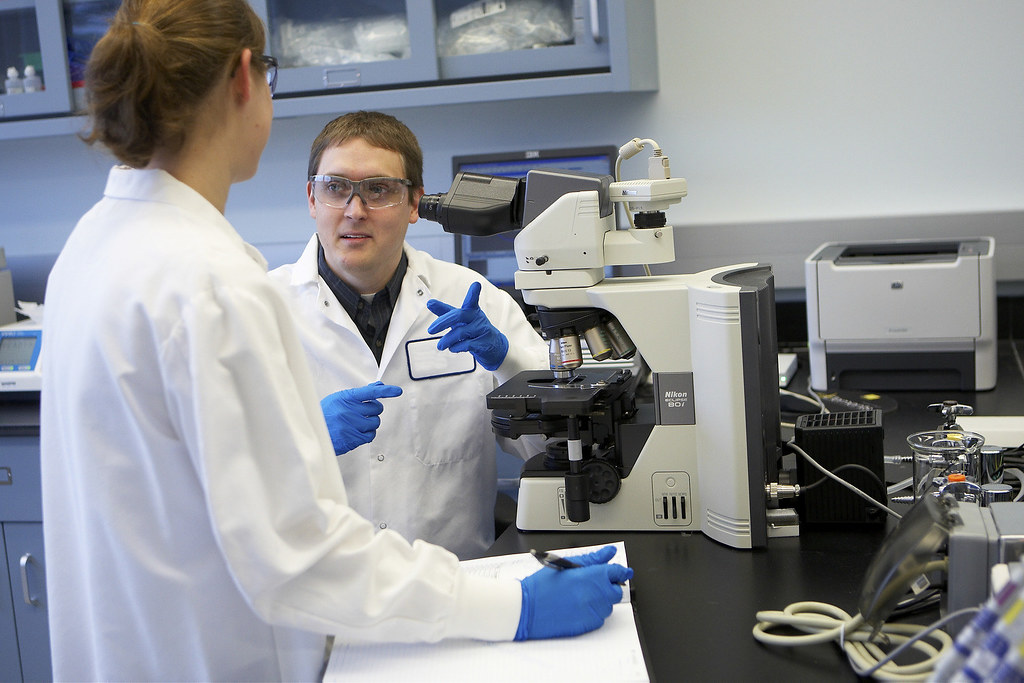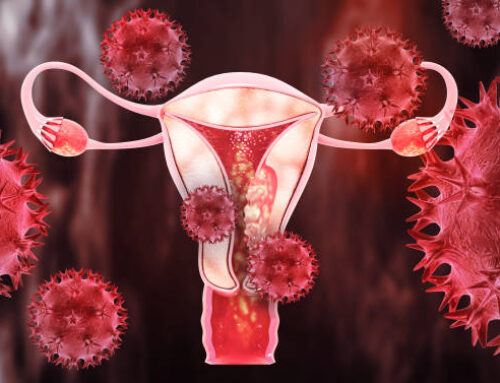Table of Contents
Clinical Laboratory vs Pathology Laboratory.
Clinical Laboratory’s main tasks for clinical tests are carried out from the supply or sample piece of blood, urine, and distinctive body fluids. Such Pathology Labs conduct a vast number of examinations in numerous diagnostics sections like medical chemistry, immunohematology, haematology, microbiology, and immunology. Usually, many tests are performed in Clinical Laboratories, where they recognize, as well as diagnose different kinds of diseases.
Generally, clinical lab testing consists of a medical professional who collects a blood sample, tissue sample, or sample of other biological matter from their patients. The specimen is then sent to the laboratory, where then, it is analyzed by specially trained medical professionals using highly upgraded equipment.
Now let us see what pathology laboratories are all about.
A Pathology Laboratory is where tests are done on the clinical specimens from which information is found about the diseases or any health issues of the patient to aid in the diagnosis, treatment, and prevention of disease.
Pathology Laboratories are where an examination is conducted as well as the diagnosis of a particular disease is arrived at. Such laboratories bring modern science and technology to medicine and science. It researches each issue minutely. From diagnostic examinations of everything and the remedy recommendation for it to the use of modern-day genetic technology in laboratories and stopping diseases. However, a few consequences from these pathology assessments suggest the doctors’ diagnosis and treatment of the illness are correctly.
Here are a few types of tests that are found in Pathology Laboratories:
- Blood Tests, urine, and saliva tests (known as “serum” tests)
- Imaging scans (such as X-rays and ultrasounds)
- Biopsy samples (tissue samples taken from inside the body)
Laboratories are not all the same, they have different types of roles that go hand-in-hand with each other. For example, when taking a sample from a cyst, the physician charge might want to find out if the cyst is infectious or whether it is a tumor.
So then, a small part of the sample will be submitted to the clinical laboratory, where they will carry out studies and research on the chemical composition of the cyst and the presence of the other microorganisms, but this however, will not be able to determine if it is a tumour or not.
Here is where the pathology laboratory will provide a solution. The pathology laboratory will be able to determine if the cyst is an acute or chronic infection in nature.
Why People Trust On Us And Made Us Pune’s Most Trusted Diagnostic Lab?,,,,Read More…
Now let’s take a deeper look at the other factors and compare the two laboratories and their functions:
Response time
As we all know, clinical laboratories have the lead in faster responses because, these tests are performed in the place itself, they’re done with the automation of processes to stay away from variability. Most of these tests are analytical in nature, as they count the samples and material for the tests.
On the other hand, pathology laboratories take much longer to respond back. They’re not measured in a few hours, they take a long time, around a few days to arrive at a conclusion. The tissue processing can’t be speeded up and the determinations are qualitative too, and not quantitative. Thus, the answers are always definite rather than figurative. Instead of ‘1.5 cancer’ it is usually a “mucinous carcinoma” or “squamous cell carcinoma”.
Custody chain of samples
The clinical laboratory does not have an important role in the custody of specimens due to the nature of their samples, as the body fluids (urine, blood) are processed freshly, that is, they’re subject to decomposition as nobody adds preservatives or other add-ins to it. So, it is impossible to return to the original sample after some time, even if to carry out other tests as the samples were out, but a new sample must be taken if further research is needed.
Meanwhile, on the other side, almost everything received in the pathology laboratory is with some preservative or another add-in. In most cases it is formalin, this helps the specimens last longer and they can be returned to the original sample later on if more research or information is required.
One other point that makes pathology laboratories different from clinical laboratories is that pathology laboratories have the function of guarding elements that cannot be analyzed, such as prostheses or amputated limbs, and bullets, a responsibility that is shared by the clinical laboratory otherwise.
Studies and career.
Clinical laboratories are directed and managed by medical technologists, they’re also called clinical laboratory technicians, they are independent professionals and are widely recognized throughout the whole world. They are specialized in their own field and have their own distinct expertise.
Pathology laboratories are taken care of by physicians who are specialized only in the subject of pathology, as well as cytotechnologists and histotechnologists.
For more information kindly visit our website: https://sunrisediagnosis.com/
Call Now: 9028801188, 9028566644, 9028566611
Find the clinic here: Get direction
Address: Ground Floor, Shop No. 2, Business Hub Building Opp. Mirch Masala Hotel, Near Vandevi Mandir Karve Road, Karvenagar, Kothrud, Pune, Maharashtra 411038







